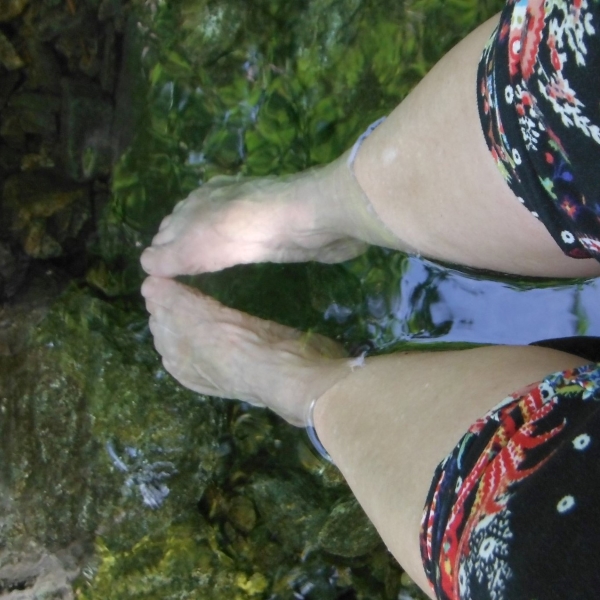
I listen to On Being in bed with coffee and ask to not be interrupted. It’s one of my self-care practices, and I guarantee its effects on me echo out in the world.
Recently, I enjoyed hearing Lily Percy interview Alex Elle in an episode titled “Self-Care as Generational Healing.” Lily reiterated early the view that self-care is a practice. Alex very soon brought in a larger concept: These personal acts have the power to heal generational and community traumas.
This post is my reaction to that interview. It is my way of pulling their voices into my Self-Care Series. It also spreads the wealth of self-care; you’re about to read how important that is.
What a Tricky, Loaded Phrase!
Self-care has some negative connotations; these range from all-about-me selfishness to privilege and indulgence. In a problematic practice, the energy moves only one way: toward the self.
Ideally, the waves of our care ripple beyond us, going so far as to make change in the world. Alex called it “showing up for myself so that I could show up for other people.” Effective self-care makes us better able to step into the world—to reach more powerfully beyond the container that is us. And, our energies are needed out there!

Generations Before and After
Alex recalls seeing her grandmother and mother as tired and worn down. Becoming a parent made Alex want to change. She began to understand that a “filling up of self so that we can pour into others without being depleted” was her magic formula.
I reflected, in turn, on the mother who raised me. She was born during the Great Depression, as was my father. My parents pushed on, always. They taught me to work hard and, sadly, to turn my back on my feelings. I did learn—over time, and in painfully slow ways—to be with my feelings and to ride their beautiful neurological wave. Through this, I can now recognize the times I need a break, a snack, solitude, or a conversation. I can see when I need to connect or disconnect, to work hard, to put on a jacket! I have learned to fill up the self.
The View From the Staircase
These are not new concepts. The 1970s were dubbed The “Me” Decade, the 1980s gave rise to Oprah. In the 1990s John Bradshaw made inner child work widely known and we saw the stigma-reducing self-outing of celebrities entering recovery. In this century, self-care reaches outward more effectively. Look at this book list; it is as much about societal issues as it is about self.

The spiral staircase analogy fits well here. We are circling around the same ideas, but as we climb we alter our perspective each time we come around. I’ve heard people lament they feel like no progress has been made in so many arenas. I believe progress has been made, albeit dismally slow. The courage and perseverance young people show as they call out—loudly and mobilized—all the issues we continue to struggle with impresses and heartens me. (This local mural is one great example.)
Living Flawed
Alex invites her daughters to be their “best and most beautiful and most flawed and messy selves.” In a word: human.
When I put together my coaching bio, it was important to me to include references to falling on my face/blowing it/messing up more than once. My vocation is not just a simple exercise of cheering you on. (Although I will celebrate you!) It’s not that I have everything figured out and will direct you from the sidelines. I want to work with unique selves. Whole selves. I want all of us to discover, nourish, and bring our being to those who are waiting for us to show up. We’ve all got a role to play.
Dig In
I encourage you to listen to Lily and Alex’ conversation, and to dig deeper into your ideas around self-care. What practices work for you? Is something tugging at your heart? How do you fill up? What do you need right now?
- Susan McDowell offers Whole Person Coaching online and is based in Central Vermont.
- Several people specifically describe their self-care in these posts.